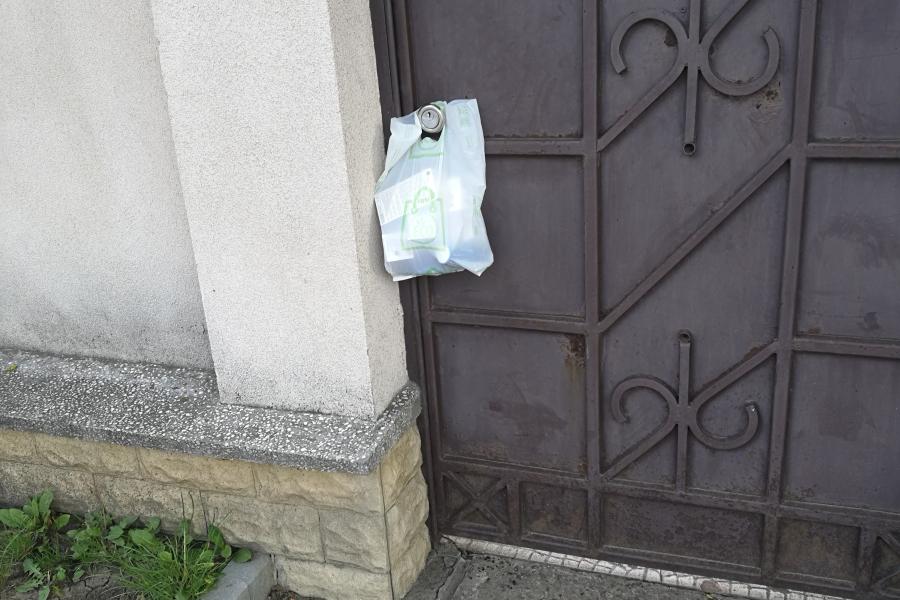"It's my right to have an active protected sex life during pandemic. And the delivery of PrEP services at home has brought psychological relief and reduced anxiety of being infected with HIV"
18 May 2020
Since March 17, when the state of emergency was declared in the Republic of Moldova due to COVID-19, Mihai locked down at home. He is an IT specialist, therefore working from home has not thwarted his daily routine. His anxiety, however, was caused by the inability to go out to take HIV pre-exposure prevention (PrEP). Mihai has been receiving PrEP since September 2019. Although he has a permanent partner, he says taking PrEP feels safe.

During the state of emergency, restrictions imposed by the authorities and the fear of being infected with COVID-19 limited his social relations to a maximum of two or three people. However, his partner continued to lead an active social life, which increased the risk of HIV infection during the quarantine period.
"The fear of COVID-19 was enhanced by the fear of getting infected with HIV. That's why, when I saw I was running out of my pills, I started worrying. I wondered what I would do if no one was working? How do I protect myself? The response came from the organization that delivered my PrEP at home. And the fact that it was delivered to me during the pandemic means that my right to health was respected. "It's my right to have an active protected sex life during pandemic. And the delivery of PrEP services at home has brought psychological relief and reduced anxiety of being infected with HIV", says Mihai.
Mihai is not the only beneficiary of PrEP, who panicked because of running out of pills. Alexandru Goja, health program consultant at the GENDERDOC-M Information Center, says that during the pandemic, he informed and counselled several people from the key affected groups. Thus, over 40 PrEP beneficiaries received drugs at home, thus enabling the PrEP treatment run without interruption.
"At the beginning of the pandemic everyone went into a kind of panic. Some PrEP beneficiaries discontinued treatment, but most wanted to continue. For them, we went out, into the parks, in front of their blocks of apartments where we tested them and delivered their drugs. During quarantine, people from the key affected groups avoid going to medical institutions to pick up their drugs, trying to prevent the risk of infecting with COVID-19. The support provided by non-governmental organizations helps them to exercise their right to health" said Alexandru Goja.
Angela Nagît, infectious disease specialist from the Hospital of Dermatology and Communicable Diseases, agrees with him. During the pandemic she consulted and prescribed PrEP treatment remotely. And that is because, she says, it is very important that once enrolled in HIV pre-exposure prophylaxis, the person should stick to it.
"If the beneficiary stops taking PrEP drugs, the risk of them getting HIV infection is very high. In the Republic of Moldova, HIV infection continues to be a major public health problem with a great medical, social and economic impact. Half of the people are estimated to be living with HIV without knowing their status. Unprotected sexual contact is one of the risk factors for HIV transmission. Pre-exposure HIV prophylaxis (PrEP) is a way to prevent infection, thus ensuring the right to health, especially to those from the key affected groups," said Angela Nagît.
At the moment, there are about 80 PrEP beneficiaries in Moldova. Among them, over 10 are from serodiscordant couples, i.e. where one of the partners is HIV negative and the other HIV positive, 63 people are men who practice sex with men (MSM), and one female sex-worker.

